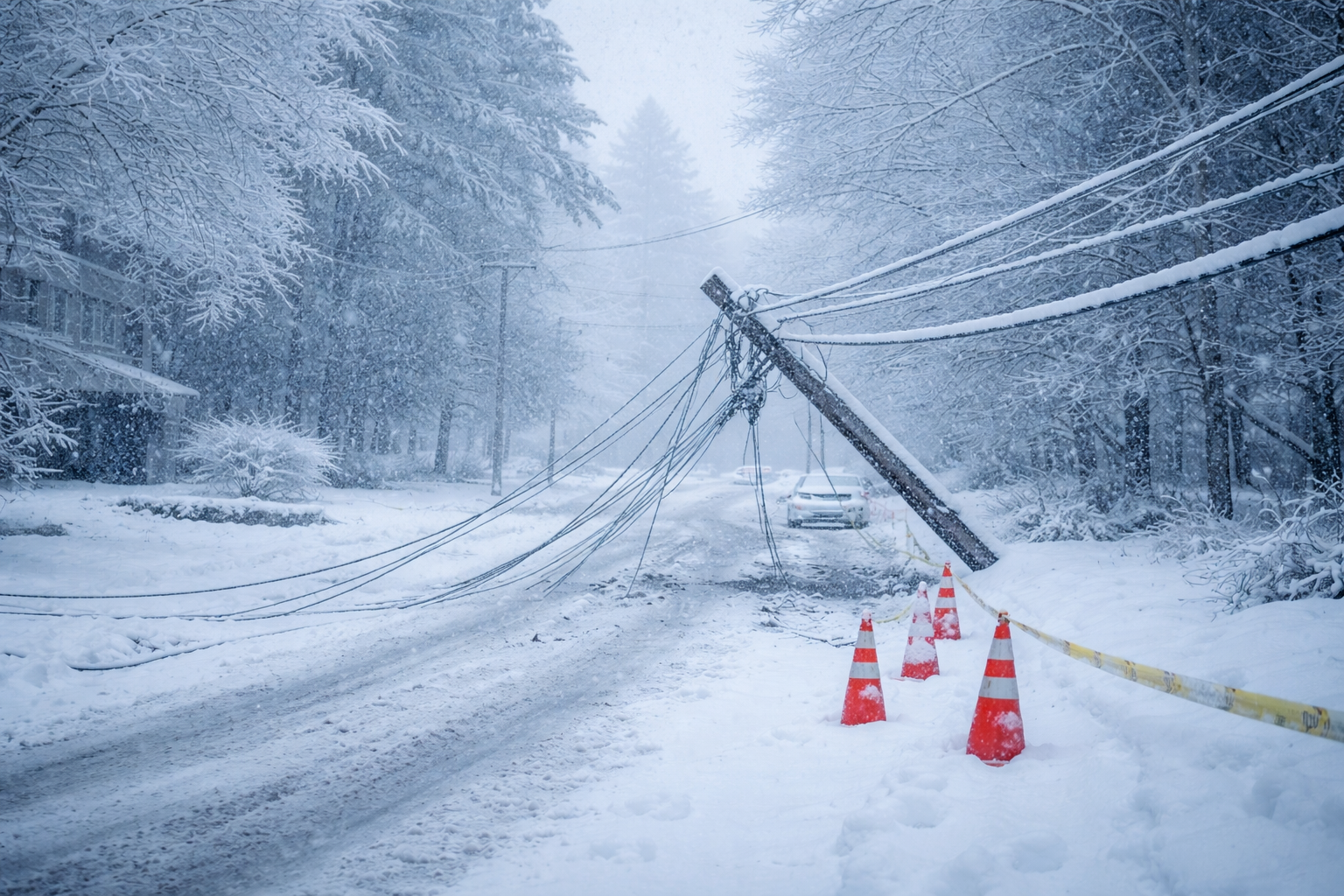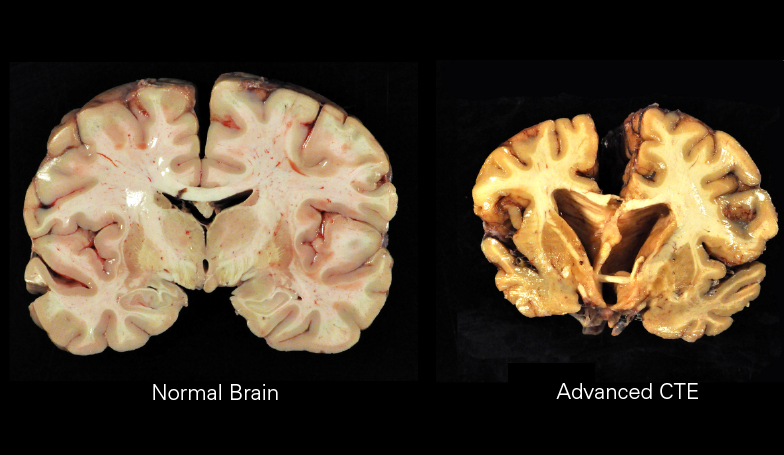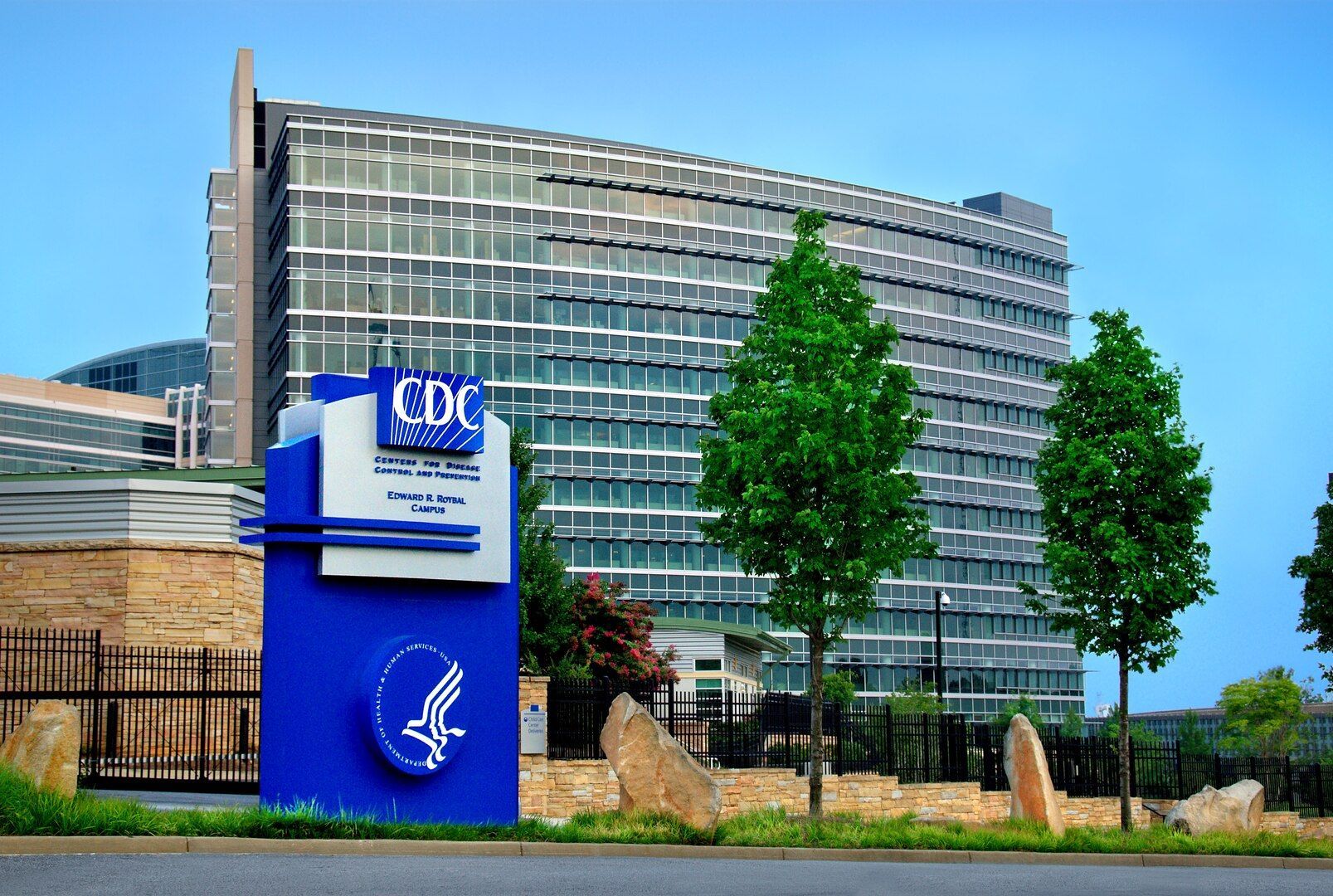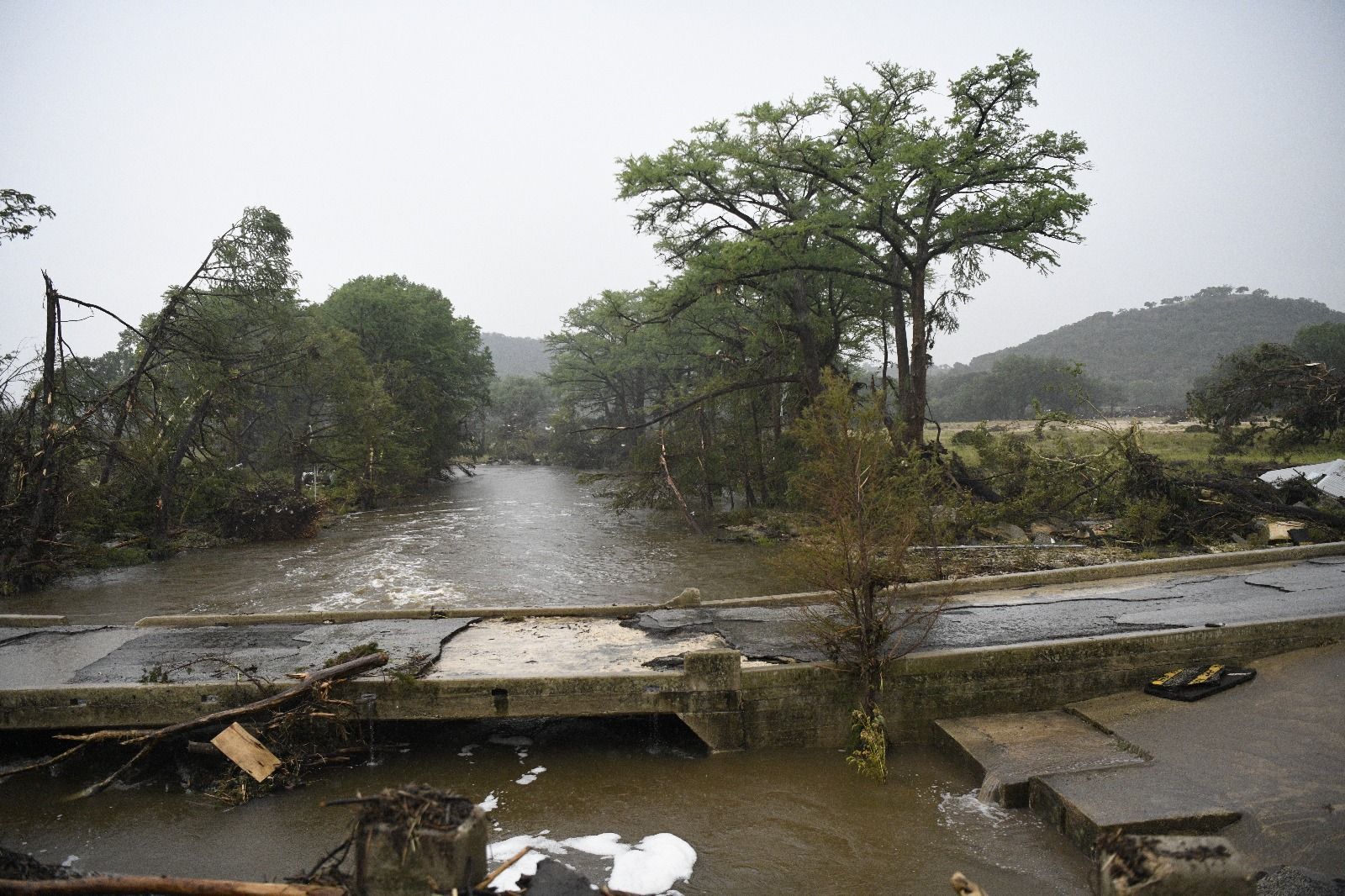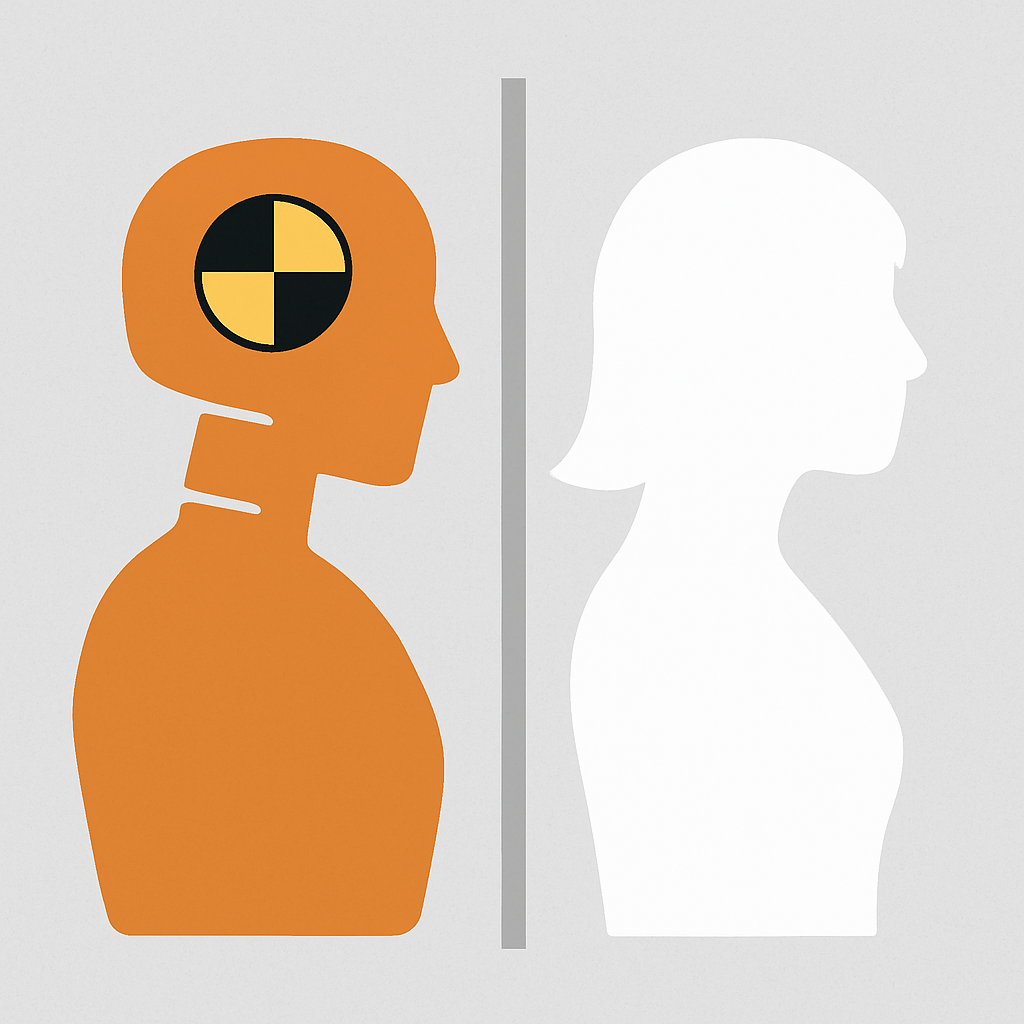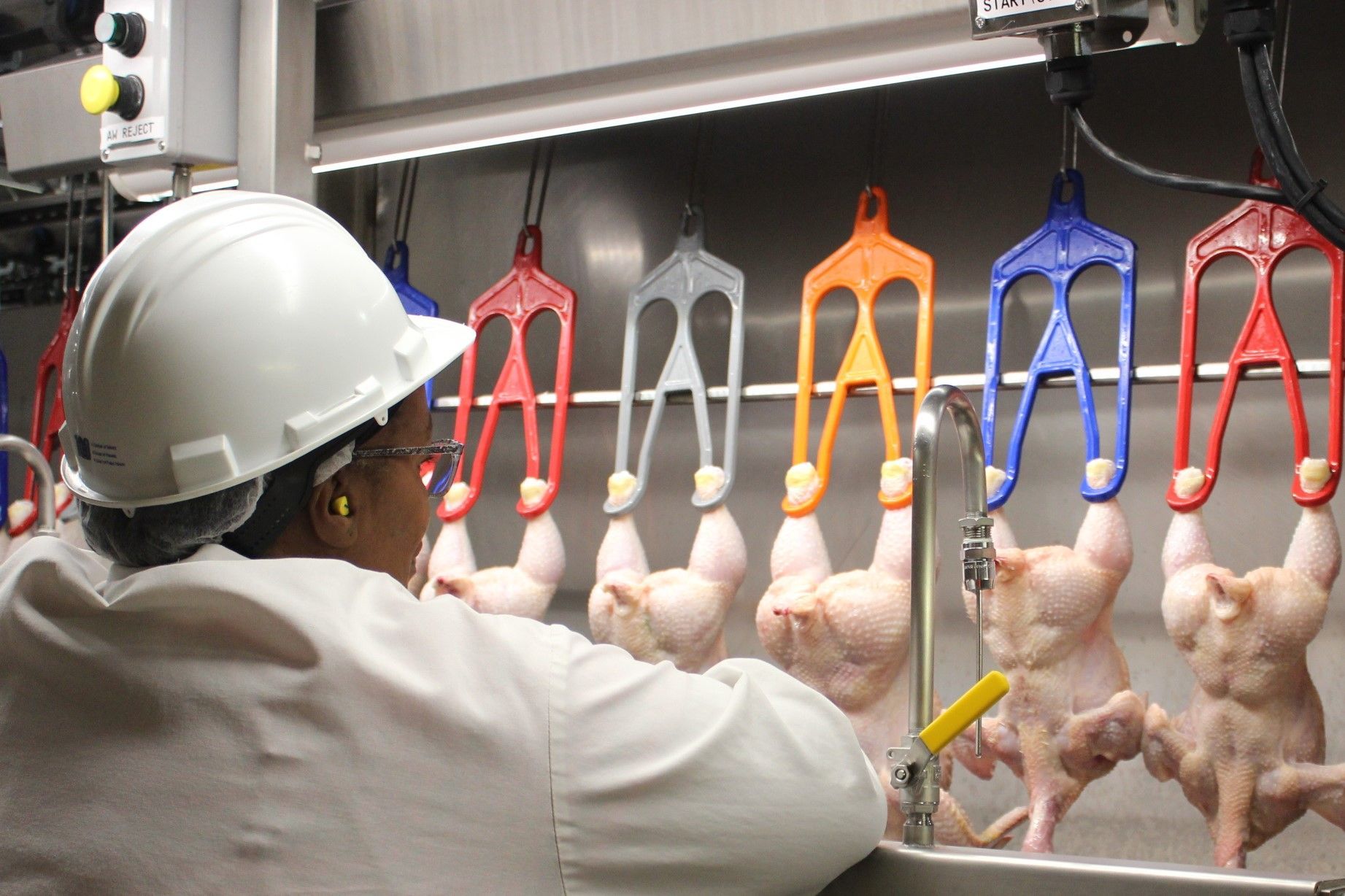WE DODGED A HUGE BULLET WITH TRUMP'S GOVERNMENT SHUTDOWN
President Donald Trump proudly announced in a December Oval Office meeting with Congressional leaders that he would own this shutdown. Now that it's over, after the longest shutdown in U.S. history...35 days...we should all take a collective breath about what didn't happen during this shutdown that Trump initiated in order to fulfill a campaign promise to build a "big, beautiful, concrete wall across our 2,000 mile Southern Border....and Mexico would pay for it." Relax! I'm not going to write about the pro's and con's of building a wall as part of our overall border security strategy. But, what I am going to point out is just how lucky we as a country were during this extended shutdown.
Although a few airports closed runways or put brief halts on departing and arriving aircraft, causing enormous lines at airports and forcing passengers to arrive almost 3 hours prior to the departure of a domestic flight, and even longer for an international flight, with all the TSA and Air Traffic workers "calling in sick", we were very lucky that no planes crashed into each other or had risky landings that could easily have resulted in disaster. Although FBI agents, forced to work without pay, complained of what they believed would harm ongoing investigations, including tracking potential terrorists. Think about this for a moment. Trump had demanded a border wall to increase our border security, and yet, our best law enforcement organization, the FBI, was forced to curtail investigations into potential terrorist operations in the Homeland. And, again, we dodged a bullet in that there was no terrorist attack in the U.S. during the shutdown. If the shutdown had gone another week or two, the IRS would not have been able to send out our tax refunds on a timely basis; despite Trump mandating these workers show up, again without pay, over 40,000 called in "sick".
No greater example of the impact of a government shutdown on all of our lives, during the shutdown, the FDA (Food and Drug Administration) was forced to cut back or postpone mandatory food inspections on foods for American consumers. While the FDA announced they were postponing inspections on low risk products, such as cookies and crackers which are rarely linked to food-borne illness. However, we all remember the recent romaine lettuce crisis that delivered, along with the lettuce, a risky strain of bacteria that sickened people in 11 states. And those contaminated lettuces somehow snuck through the FDA's normal inspection process. Imagine if the shutdown continued, how many foods would get through the inspection process (forced to be cut back due to a lack of inspectors calling in "sick." Consider that under the best of circumstances (without a government shutdown), the FDA typically inspects only 50 of the more than 80,000 high risk food sites containing things like fish or chicken. USDA inspectors inspect about 8,000 facilities, and last week, during the shutdown, they did so without pay.
When I say we dodged another bullet, there are approximately 3,000 of us who die annually here in the U.S. from food-borne illnesses. That alone is only a fraction of the almost 3 million Americans who die in a typical year, but this does NOT include the fact that almost 150 Million million of us suffer through, and typically recover, from symptoms of food-borne illnesses (which we fondly call "food poisoning"). In another example, just before the shutdown began, and in time for our holiday season, last December more than 200 people fell ill (84 of them hospitalized) from a salmonella outbreak linked to raw turkey products. Another 52 people from 26 states and the District of Columbia also got ill. Before the CDC identified the source of the contaminated turkey, 216 people in 38 states and the D.C. became sick, and one died from California. Imagine how either the romaine lettuce or raw turkey episodes could have grown to catastrophic levels of illness and possible death, if the CDC workers, working without pay, had also called in "sick."
Yes, we dodged not just one bullet, but several during this recent government shutdown. For example, if the shutdown had not ended, millions of Americans who depend on food stamps to eat, may not have gotten their stamps, causing a nutritional/food crisis the likes of which we have never seen in the U.S. The lesson to be learned is simple and basic: the U.S. Government should never be shut down, especially for political purposes. We may have dodged a few bullets this time, but maybe we won't be so lucky if this happens again.
